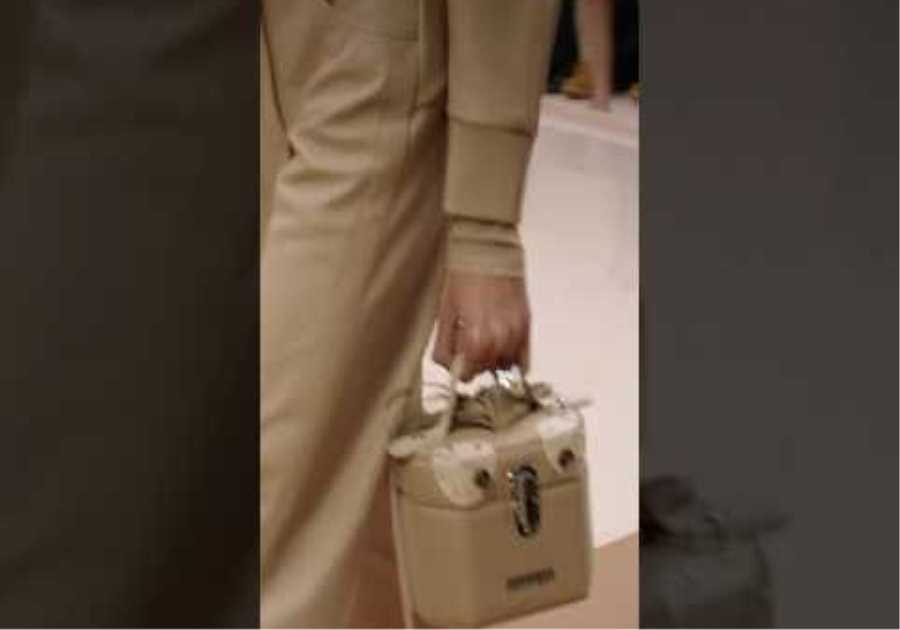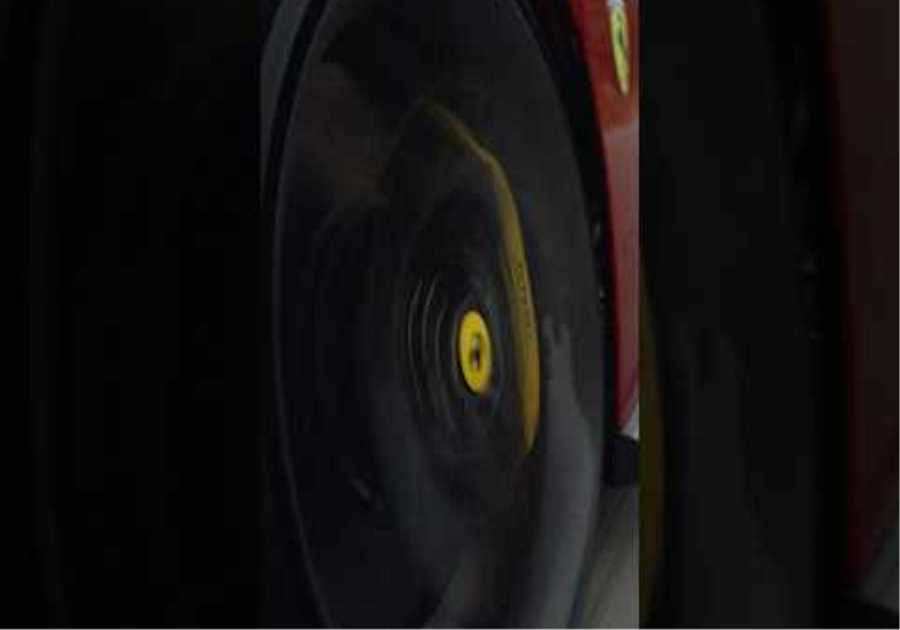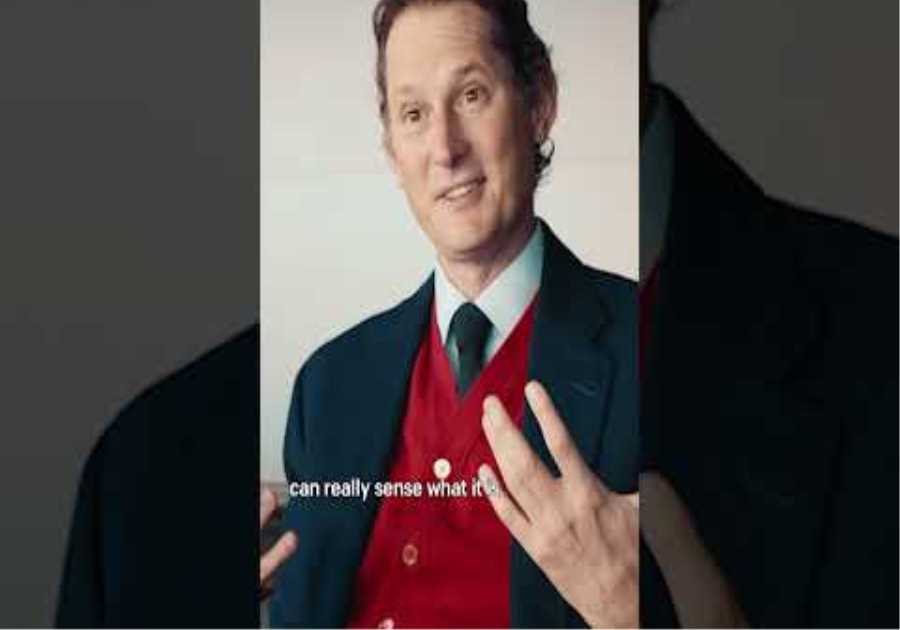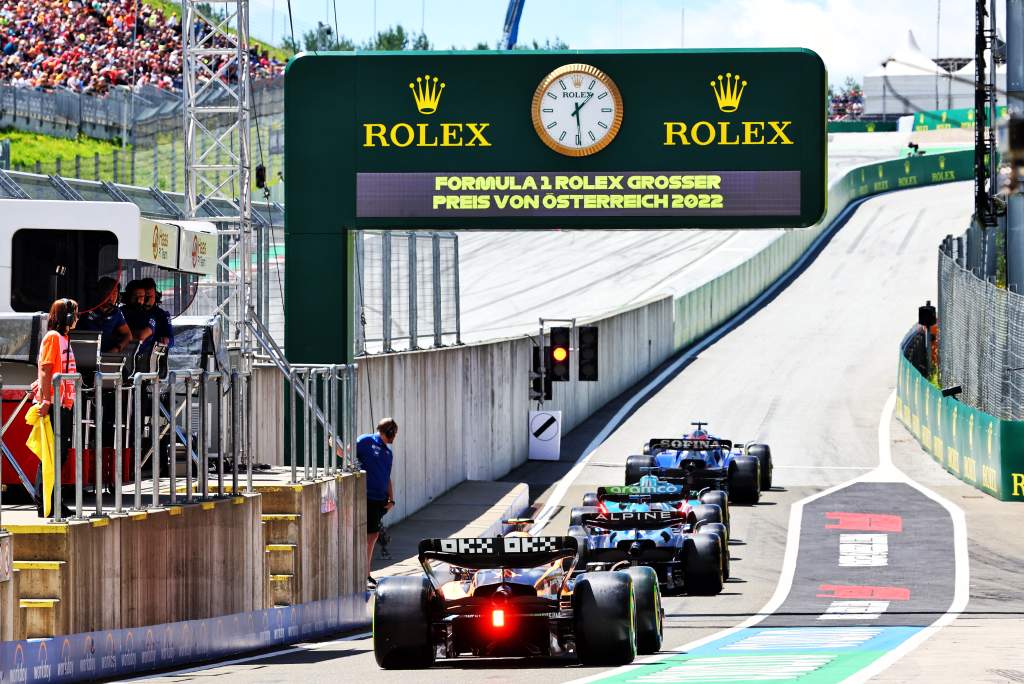
The long-running dispute over Formula 1’s cost cap was brought to an end when an agreement was reached in Friday’s F1 Commission meeting for a 3.1% increase that was described by Mercedes team principal Toto Wolff as “too little for the big teams, but too much for the small teams”.
It’s a resolution not one of the 10 teams is entirely happy with, but that all but one voted in favor of.
This indicates not a failure of the process, but its success. After all, a compromise is a middle point designed to be a workable solution for all. While the increase isn’t enough to cover the overspend forced by high inflation and rapidly rising prices for energy, freight and certain materials entirely, it gives the majority of teams the headroom to tackle that without putting the small teams at a big disadvantage.
Crucially, it also should ensure the cost cap is viable for the long term. While enshrined in the regulations, there was the risk that multiple teams would breach the cost cap this season, which would discredit the financial regulations and give ammunition to those who would seek either its power to be reduced or removed entirely. This is why it was essential to accord was reached.
“The cost cap was the best decision of F1 over the last few years, and we have to consider that the view on the cost cap is completely different between the small teams and the big ones,” said Frederic Vasseur, team principal of Alfa Romeo , which is one of the teams operating below that cap and that opposed a rise.
“It’s a good compromise at the end, nobody was happy and that’s probably the best way to manage the deal.”
The increase in the cost cap makes little difference to those teams below the cost cap, such as Alfa Romeo, Haas, Alpine and AlphaTauri, given they are working to their own budgets.
It allows the bigger teams, not only the recognized ‘big three’ of Red Bull, Ferrari and Mercedes, but also bigger-spending midfield teams such as Aston Martin and McLaren, the chance to tackle the enforced increased costs that they believe made an overspend unavoidable prior to the change.
Ferrari team principal Mattia Binotto was also relieved that the agreement has been reached so that teams now know what their objective is and can make adjustments accordingly.
He described the new target as tight, but it is now at least achievable.
“In terms of timing, we were really borderline,” said Binotto. “Some teams were already in breach of the budget cap this year and at least to find a compromise was important. I would say thanks to the smallest teams, because they have been comprehensive and constructive.
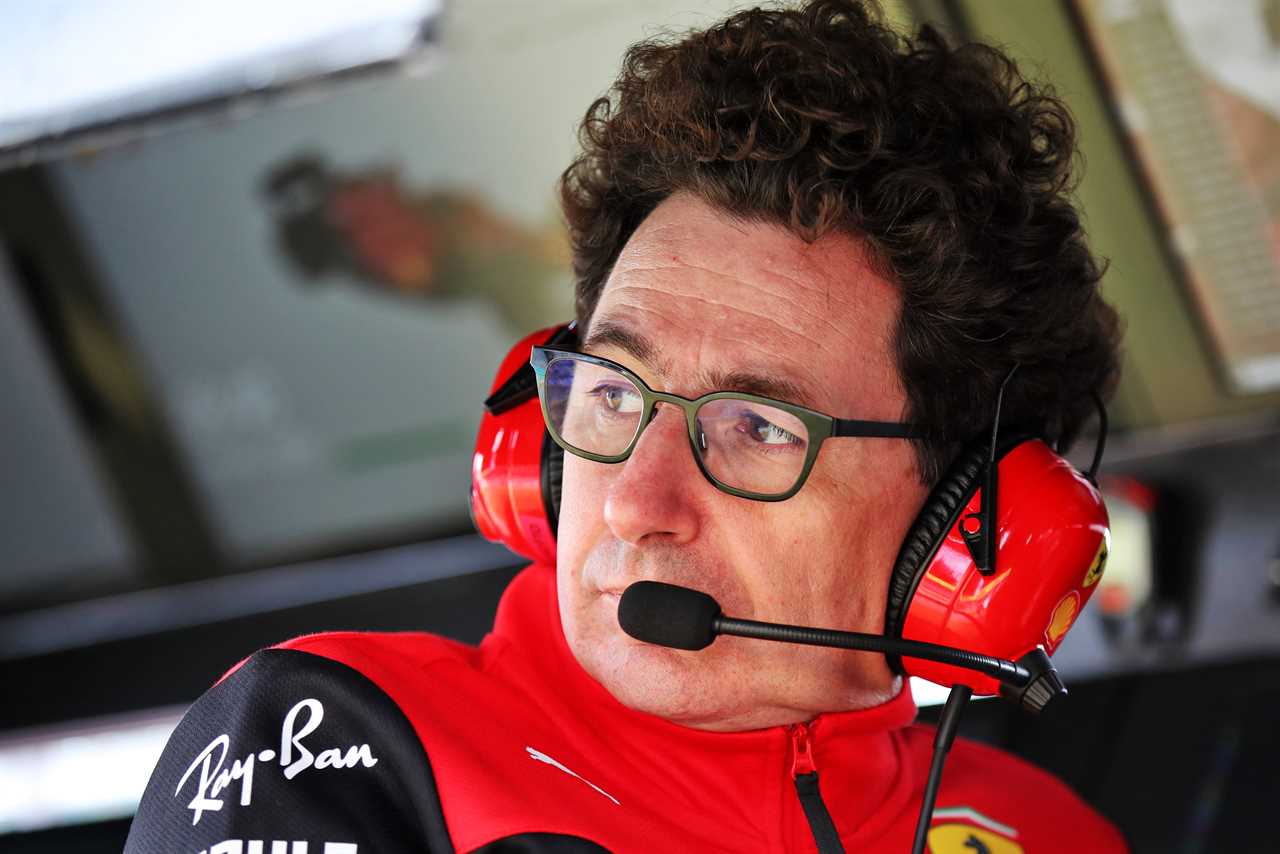
“Certainly, as a big team you are always looking for more but the compromise is good enough to give us a breath and a new target on what was the unexpected situation of this season [that meant] we could not have afforded the budget cap.
“Yes, it will be tight, but positive that we came to a decision yesterday.”
But it wasn’t only the small teams that had to agree to compromise. The big teams not only accepted a smaller increase than they had been chasing, but also had to agree not to stray into what is called “minor overspend breach” territory.
This is when the cost cap is outspent by less than $5m, allowing teams to front up and agree to a negotiated breach with the cost cap administration in exchange for an unspecified, but limited, penalty. The existence of this mechanism had been used as leverage to allow a de facto increase in the gap given the regulations could have allowed such an overspend to go unpunished in any meaningful, which encouraged the smaller teams to accept this 3.1% rise on the condition that teams wouldn’t simply commit to a minor overspend breach.
Vasseur said that “we have to stop” when it comes to arguments about increasing spending further. As for Wolff, he confirmed that accepting there would be no minor breaches was key to achieving a compromise.
“I think why we achieved the compromise yesterday is that we said to the small teams we are not going to come back and say we need some kind of negotiation with the cost cap adjudication panel,” said Wolff.
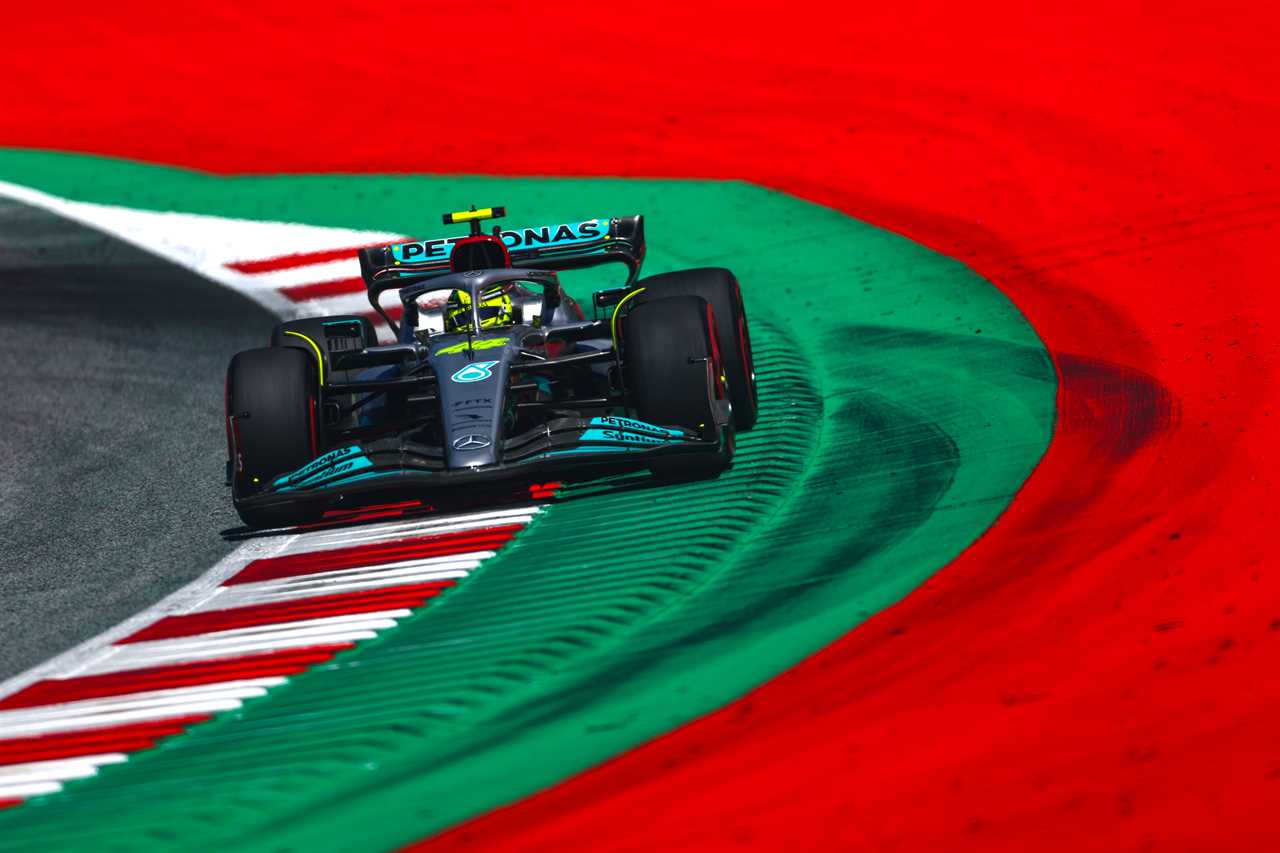
“I think the three of us [Mercedes, Red Bull and Ferrari] are very much above it. That means saving costs will be necessary, at least for Mercedes.
“So the outcome is helpful, but does it solve our problems? No.”
Wolff also suggested that the crashes of Lewis Hamilton and George Russell during qualifying for the Austrian Grand Prix illustrate how difficult it is to cut spending. He claimed that “we spent a third of the additional gain that we had yesterday right after it” of the accidents that followed a few hours after the F1 Commission had rubber-stamped the proposal.
In keeping with the terms of the negotiation, Binotto indicated that Ferrari cannot afford to be in breach of the revised figure after what amounts to an approximate $4.5m increase in the figure.
“Now we’ve got a new target and will not be in breach, we cannot afford to be in breach, and it will be down to us as a team and our responsibility to make sure that we simply respect it,” said Binotto.
“It will be very tight, it will be very difficult -, energy inflation, freight is all there so there will be cost-saving required, no doubt. We’ve got only a few months from now to the end [of the season].
“Most of the expenses of this season have been done already and very little remains. But certainly, we need to control and make sure that we cope with it.”
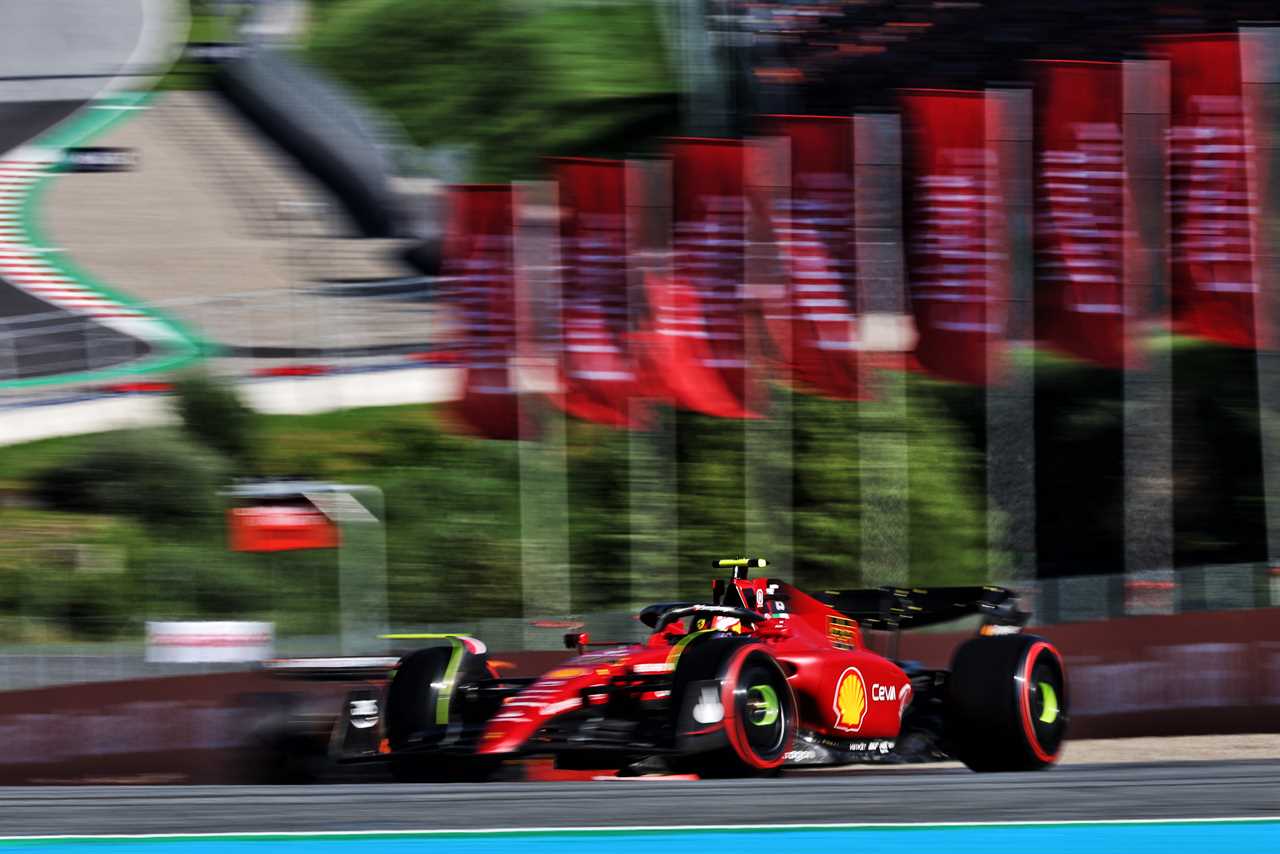
So it’s clear that teams who commit minor breaches will not be given a free pass and that this dispute will not be revisited. And with the agreement including “compounding” of the rate from 2023, the FIA claims that this deal will “preserve the long-term integrity of the financial regulations”.
All of these points to a compromise that is workable, sustainable and one that should be achievable for the teams who had a legitimate reason to push for the increase given the unexpected increases in inflation and costs.
And as Haas team principal Guenther Steiner pointed out, it also showed the capacity of the big teams that have been at loggerheads over other technical and political issues to work together.
“The compromise was that we are all not really happy about it, but we move on and that is the most important for Formula 1 in general,” said Steiner. “The big teams wanted more, the small teams wanted nothing, and the compromise was in the middle.
“But it shows we work together. We fight – normally it is Toto which is fighting everybody, but he had a few colleagues with him this time which vote with him, normally people which he fights – but it was a good meeting and we move on.
“That’s the most important thing. There are bigger issues than that we need to resolve to go forward.”

